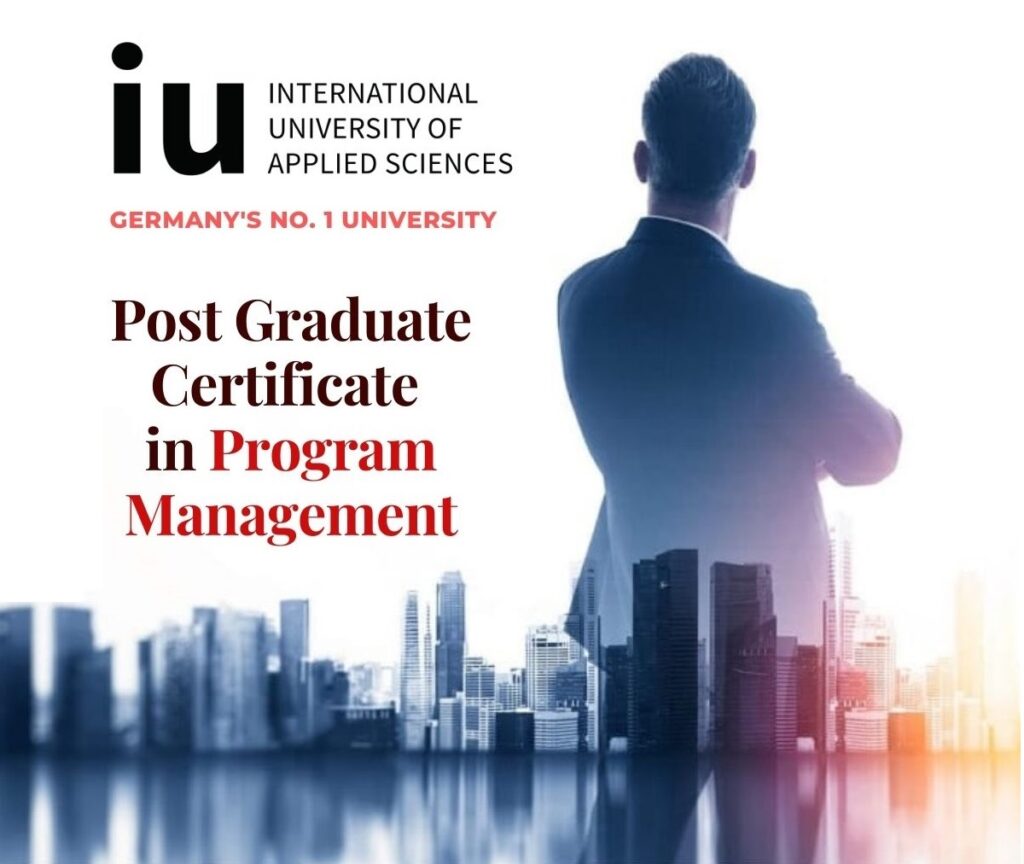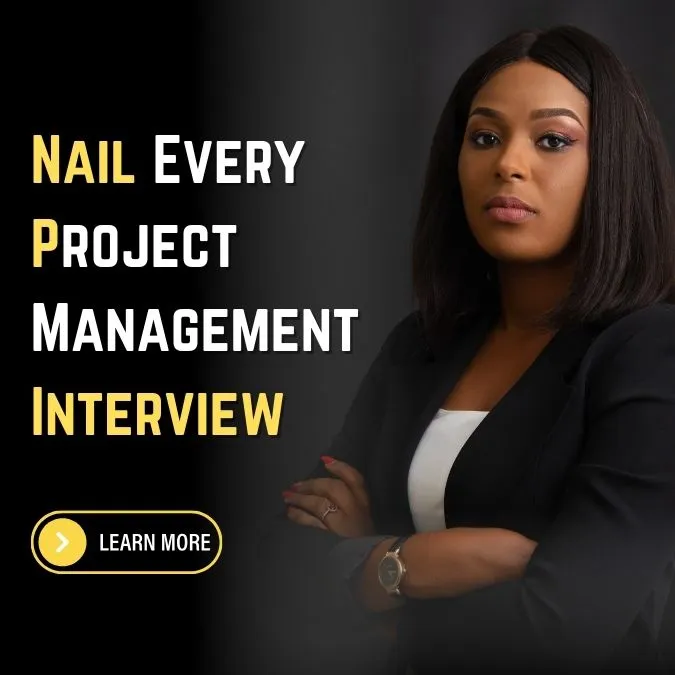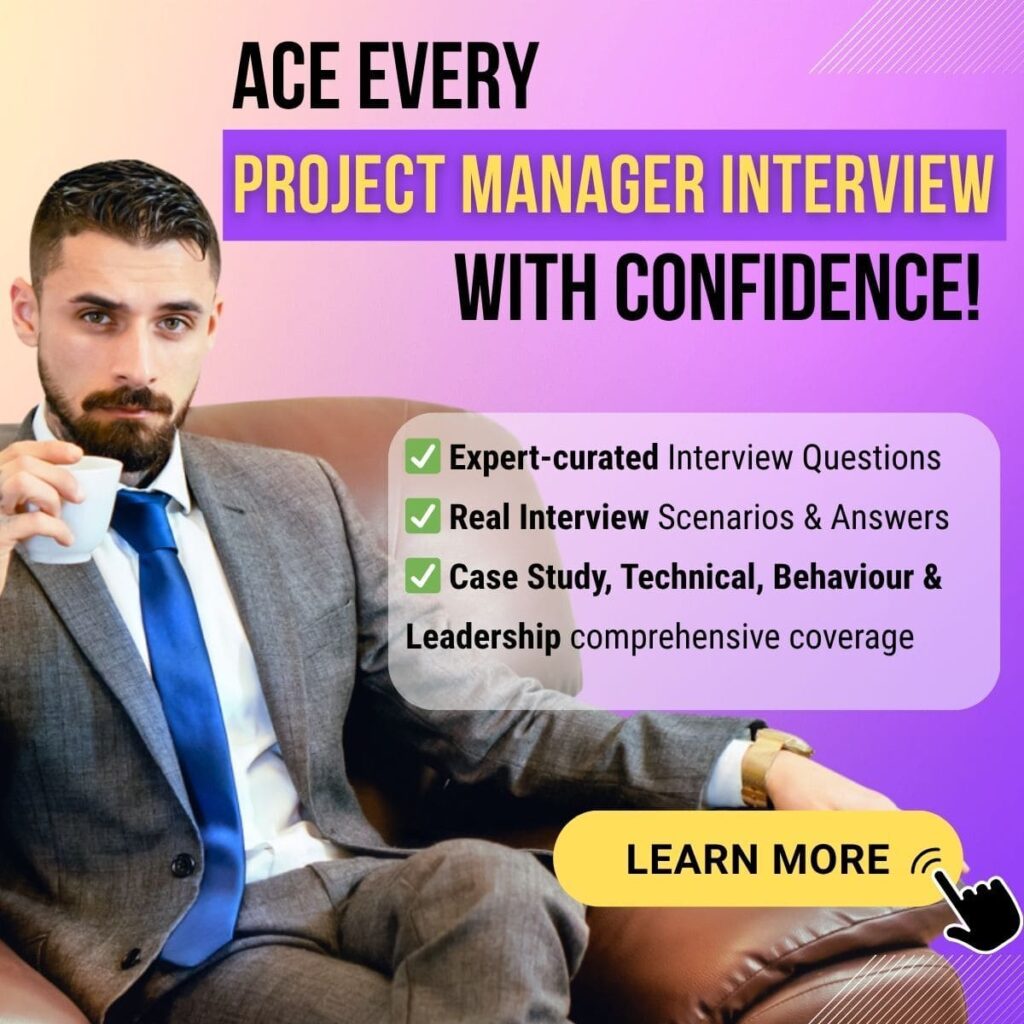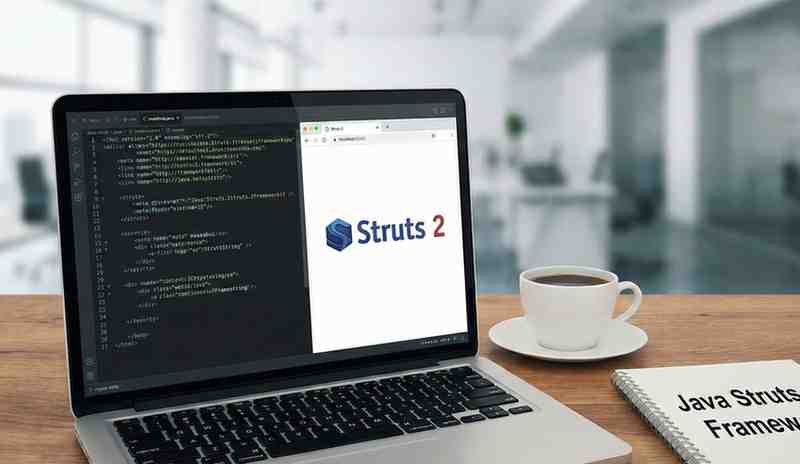Your Answer in an Interview earns marks for you, but imagine a situation when you even do not know the answer to the Interview Question. Have you ever faced this difficulty in your career?
Preparing for interviews is serious business. But even if you practice, and practice, and practice, you could still get a question you just don’t know how to answer. Whether it’s a technical question on something you’ve never heard of before or just something completely unexpected, a question that stumps you can really throw off the pacing of the conversation and leave you a bit shaken up.
One example of this technique was to ask a time-bounded interview question. For example: “Are you a creative person?” is a closed-ended interview question which most people can answer rather quickly with a simple yes or no. Changing it to a behavioral question: “Give me an example of the most creative thing you have done…” would make it more difficult, yet still answerable for most. Here is how a time-bound interview question makes it a very difficult question: “Give me an example of the most creative thing you have done in the past week…” And suddenly, the practiced candidate pauses. Silence.
So, what should you do when you get interview questions that you have no idea how to respond to?
First things first: Acknowledge that the question was asked and that you’re thinking about it. Something as simple as, “Hmm…that’s a great question. Let me think about that,” will suffice as you take some time to work through your first thoughts on how to approach the question.
These questions are designed to break through the veneer to get to the very heart and soul of the person, rather than the practiced interview response. To find who the candidate really is apart from their practiced set of responses. A good interviewer knows how to get the candidate to let down their guard and just be themselves.
Profile Review & Recommendation
Expert-Driven Profile Review &
Recommendations

Let our expert look into your CV, Cover Letter, Naukri & LinkedIn Profile to turn your profile into the top 1% of professional profiles.
INR 1,999
- Naukri Profile Review & Recommendations
- Resume Review and Expert Recommendations
- LinkedIn Profile Review & Recommendations
- Cover Letter Templates Download
- Latest Resume Templates Download
- Personalized, tailored feedback
- ETA: 3- 5 Days
Self-Service Profile
Optimization

Access expert-curated guidelines, sample reviewed files, & step-by-step instructions to optimize your CV, Cover Letter, Naukri & LinkedIn Profile.
INR 499
- Guidelines for Profile Optimization (Resume, Naukri, and LinkedIn)
- Access to Sample Reviewed Files for inspiration
- Step-by-Step Instructions to reframe your profile
- Cover Letter Templates Download
- Latest Resume Templates Download
- Immediate access to the files
Take a bit of time to gather your thoughts and make sure you don’t blurt out anything that gives away that you’re, well, completely stumped.
Know that it isn’t the end of the interview. Unless it’s a Google interviewer asking you about algorithms. Then you’re probably in trouble. But in most cases, you will simply need a strategy to work through to an eventual answer.
The worst thing you can do is try to simply wing it and/or fake your way to an answer. Initial silence is OK, it just means you are thinking about your answer. If you need time, ask the interviewer. I trained interviewers to be comfortable with silence and asked them to actually embrace the silence. They were not to bail out the candidate, but rather to give them time to answer. After all, this is likely the first time you have ever been asked this question. Thinking is a good thing.
Of course, you might get a question that no amount of stalling, thinking aloud, or redirecting can help with. Questions that call for definitions or understanding of concepts that you don’t know can’t just be worked through on the spot. For these questions, lean on the research you’ve done about the company and industry the position is in.
As you begin to attempt to answer the question, do your thinking out loud. If it helps you to write it out, ask if you can write on your or write on the whiteboard in the room, if there is one. This gives the interviewer the opportunity to step in and offer a potential correction in direction if needed. Work out the logic as you go along to show the interviewer how you are thinking about the question and possible solutions. In the end, it may not be the answer, but how you approached the problem that counts.
If you have taken the time and are still failing to come up with the requested answer, ask if you can have it as a takeaway question to further research after the interview and get back to him/her. If you are given the OK, make sure you deliver the best research you have done in your life to date. If the answer is no that will be the point at which the interviewer will know it is time to move on to the next question.
Above all, learn from all your interview experiences. And remember that regardless of what question you get, consider what the hiring manager is really trying to learn from the question. You may not be able to answer the actual question asked, but if you’re able to figure out what the hiring manager is really trying to learn.








